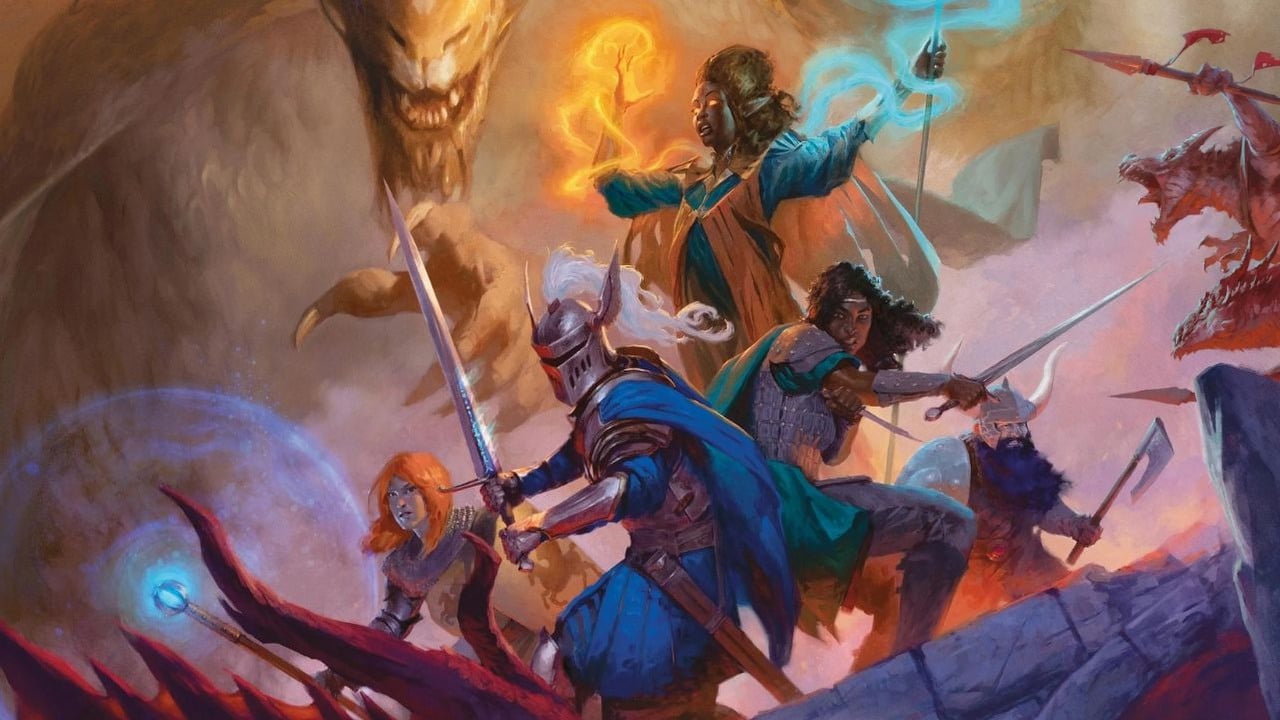Giant Skull Studio has forged a new alliance with Wizards of the Coast, as revealed in today’s announcement. The recently established studio, led by Stig Asmussen (known for directing God of War 3 and the Star Wars Jedi franchise), will develop its debut project – a solo action-adventure title within the Dungeons & Dragons IP. While Asmussen’s expertise in narrative-driven combat games is undisputed, skepticism arises regarding the potential uniqueness of a D&D-themed action title in a saturated market.
D&D’s Transition to Solo Action Games – A Viable Fit?
While Dungeons & Dragons enjoys unprecedented cultural relevance, its adaptation into linear action games presents unique challenges. Larian Studios’ Baldur’s Gate 3 succeeded by mirroring the tabletop experience through complex RPG systems and branching narratives, elements fundamentally opposed to traditional action-adventure design. The essence of D&D lies in its collaborative storytelling framework rather than its canonical settings – most gameplay groups sculpt original worlds using the system’s mechanics.
This dissonance raises questions about branding synergy. Popular actual-play series like Critical Role thrive through original narratives, rarely overlapping with official D&D campaign settings. A reskinned Jedi: Survivor with fantasy aesthetics might produce competent swordplay mechanics, but replicating the tabletop’s improvisational spirit in a scripted adventure seems improbable. The license’s true value manifests through player agency and social interaction – aspects inherently limited in single-player formats.
Success in digital D&D adaptations historically correlates with mechanical depth rather than lore adherence. Baldur’s Gate 3 achieved acclaim through near-infinite narrative permutations, not merely by utilizing Forgotten Realms geography. By contrast, Bethesda’s Tamriel demonstrates how generic fantasy worlds can host exceptional games when paired with strong gameplay systems. This suggests Giant Skull’s project must prioritize innovative combat or traversal mechanics over IP familiarity.
This isn’t to question Giant Skull’s creative capabilities, but to highlight the challenge of merging asymmetric design philosophies. Traditional action-adventure structures emphasize curated experiences, while D&D thrives on player-driven chaos. The studio’s solution may lie in creating a compelling original setting within the D&D multiverse, though execution details remain crucial. Cautious optimism prevails until further gameplay disclosures.
Asmussen’s official statement emphasized their ambition: “Our goal is to craft a rich new Dungeons & Dragons universe filled with immersive storytelling, heroic combat and exhilarating traversal that players will fully embrace.” This suggests worldbuilding autonomy within Wizards’ IP framework, leaving the door open for mechanical innovation to complement narrative ambitions.

